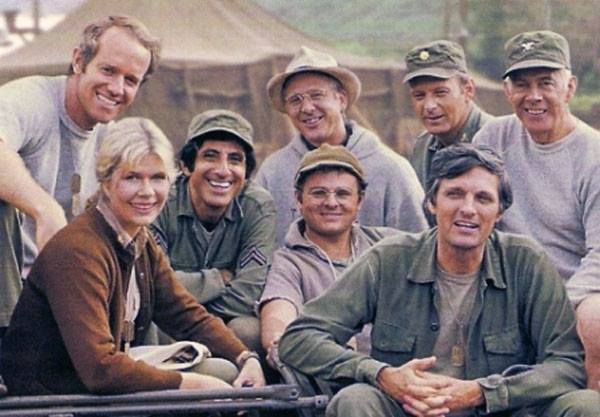Summary
- MASH was groundbreaking and earned critical acclaim, but some elements, like the male doctors’ questionable behavior towards the nurses, didn’t age well.
- The show’s focus on infidelity and harassment may be uncomfortable to watch now, despite its initial success and awards.
- MASH‘s portrayal of Koreans and lack of diversity have also come under scrutiny, highlighting issues with its historical accuracy.
The critical accolades and its commercial success were immediate indicators of its greatness, with MASH‘s ending becoming the most-watched episode of a scripted series. That being said, the biggest testament to its storytelling quality is its continued relevancy. It was groundbreaking, tackling dark themes and sensitive storylines effectively, without totally getting rid of its sharp humor. The cast’s chemistry was fantastic, as evidenced by the MASH 2024 reunion. Certain parts of it come off as problematic when revisited, however. It was a product of its time, so as progressive as it was, there were still things that aged poorly.
Hawkeye And Co. Were Harassing The Nurses At 4077
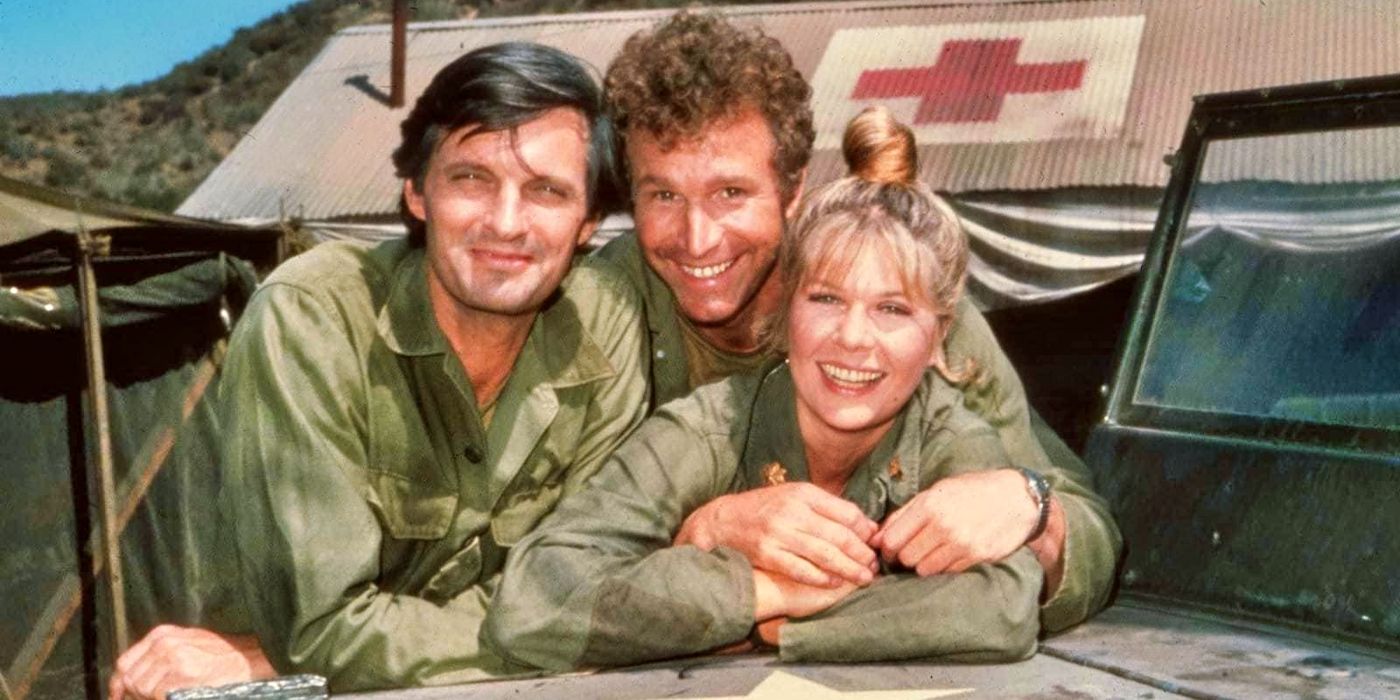
MASH premiered in 1972 to a massive disappointment despite the success of its film version just two years earlier. It ranked low in ratings, but CBS kept it on the air, recognizing its potential. Instead of starting with the beginning of the war, MASH season 1 began with the 4077 already established, with Alan Alda’s Captain Benjamin “Hawkeye” Pierce and Wayne Roger’s Trapper John McIntyre clearly the leader of any kind of ruckus in the unit. Aside from their penchant for drinking from their make-shift distillery and tricks, the pair also thrived by hitting on the nurses at 4077.
It was a big part of Hawkeye and Trapper’s schtick in MASH, and the pair made it as charming as they possibly could. Looking back at it now, however, it’s quite unnerving to see the lengths that they would go to secure a date. Some of their moves were normal flirting activities, and some of their targets were willing to engage. Other times, however, they couldn’t be dissuaded even when the nurses already told them no, which made it harassment. The same went when they dealt with Loretta Swit’s Margaret “Hot Lips” Houlihan.
Infidelity Was The Norm At 4077
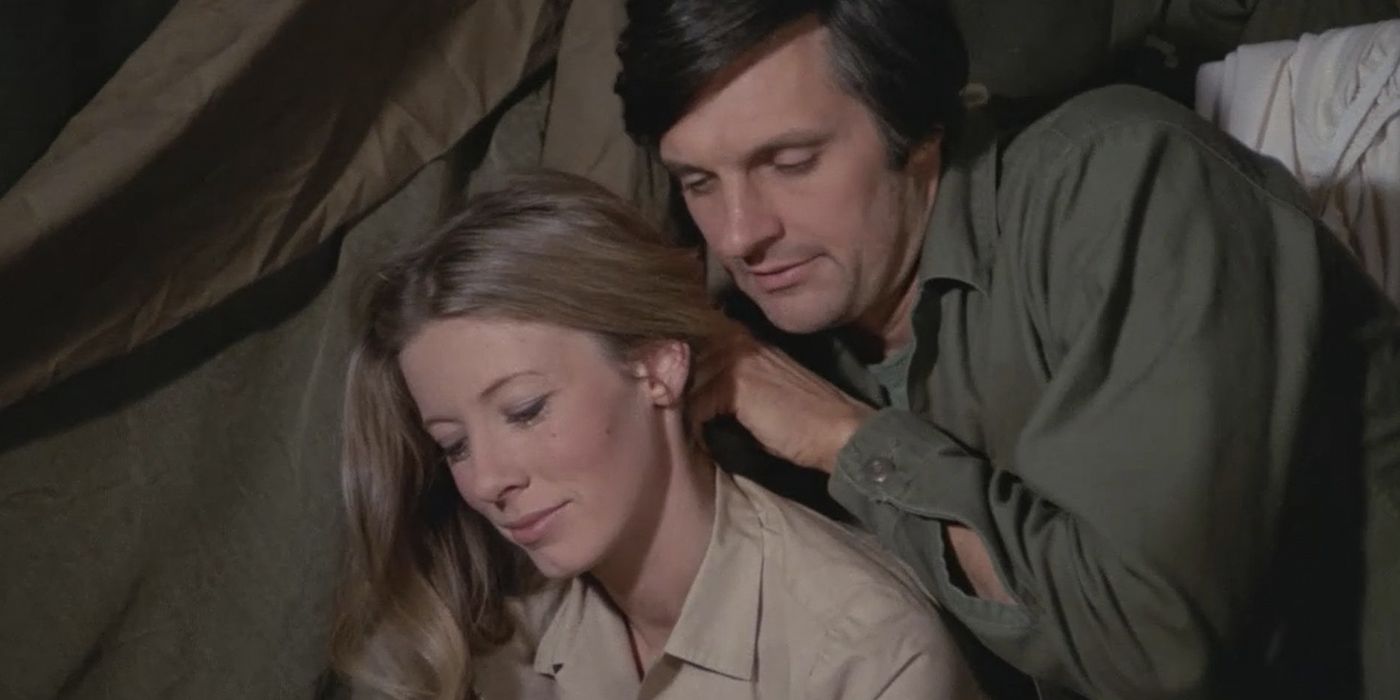
Unfortunately, Houlihan and Burns weren’t the only people engaged in a forbidden love affair in MASH. Cheating was rampant at the 4077, with Henry Blake (McLean Stevenson) engaging in the same activities despite having a wife at home At one point, he even almost left his wife after meeting a much younger mistress. Trapper was also married and had a family back in the States, and yet, it didn’t stop him from fooling around with the nurses at the camp. This status quo somehow changed, however, with the arrival of Sherm Potter and BJ Hunnicut who were both devoted husbands.
Sexualization Of Margaret
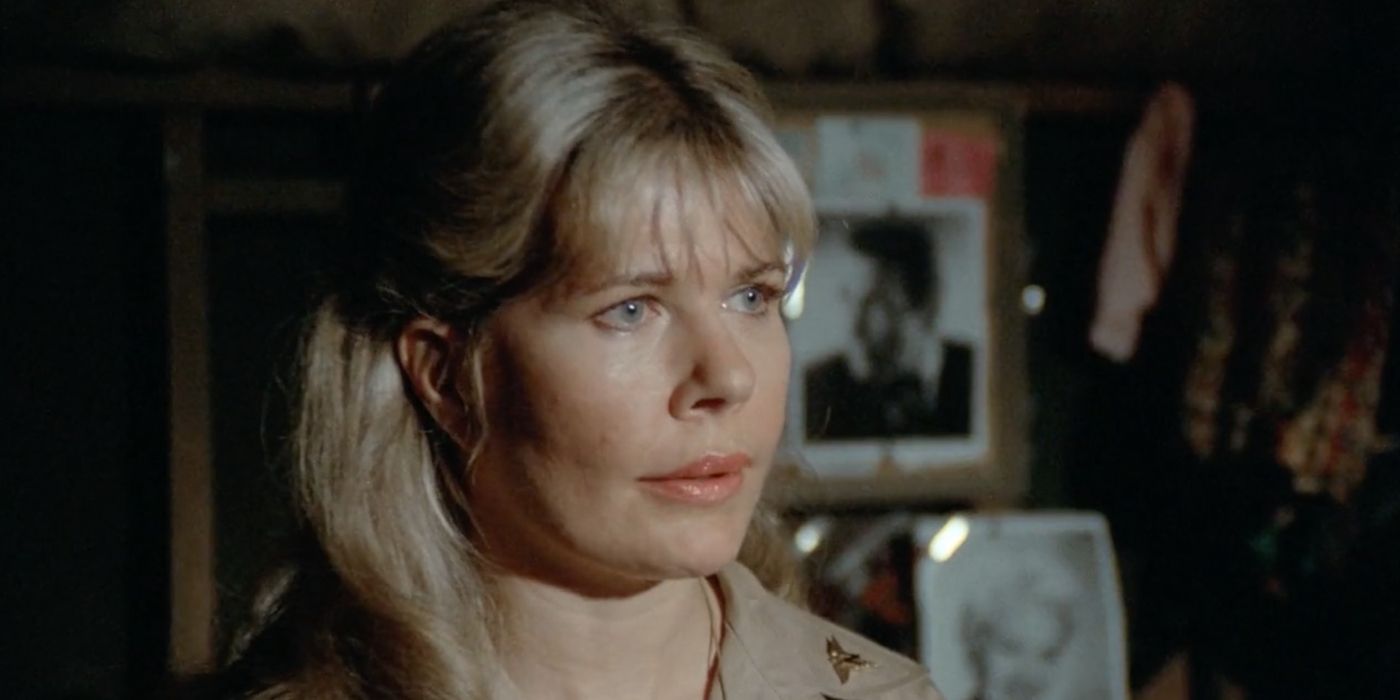
MASH‘s sexual harassment jokes dominated its first few seasons. The show had Hawkeye or Trapper going after a female colleague a little too hard, even after they had been repeatedly turned down. That being said, the sexualization of Margaret was another aspect of MASH that didn’t particularly age well. Inspired by the movie’s version of the character, the CBS show introduced an overly sexualized Margaret. Almost exclusively defined by her romantic exploits, Swit worked hard behind the scenes to flesh out the character to be more than just a sexual object.
Hawkeye Couldn’t Get His Family Straight
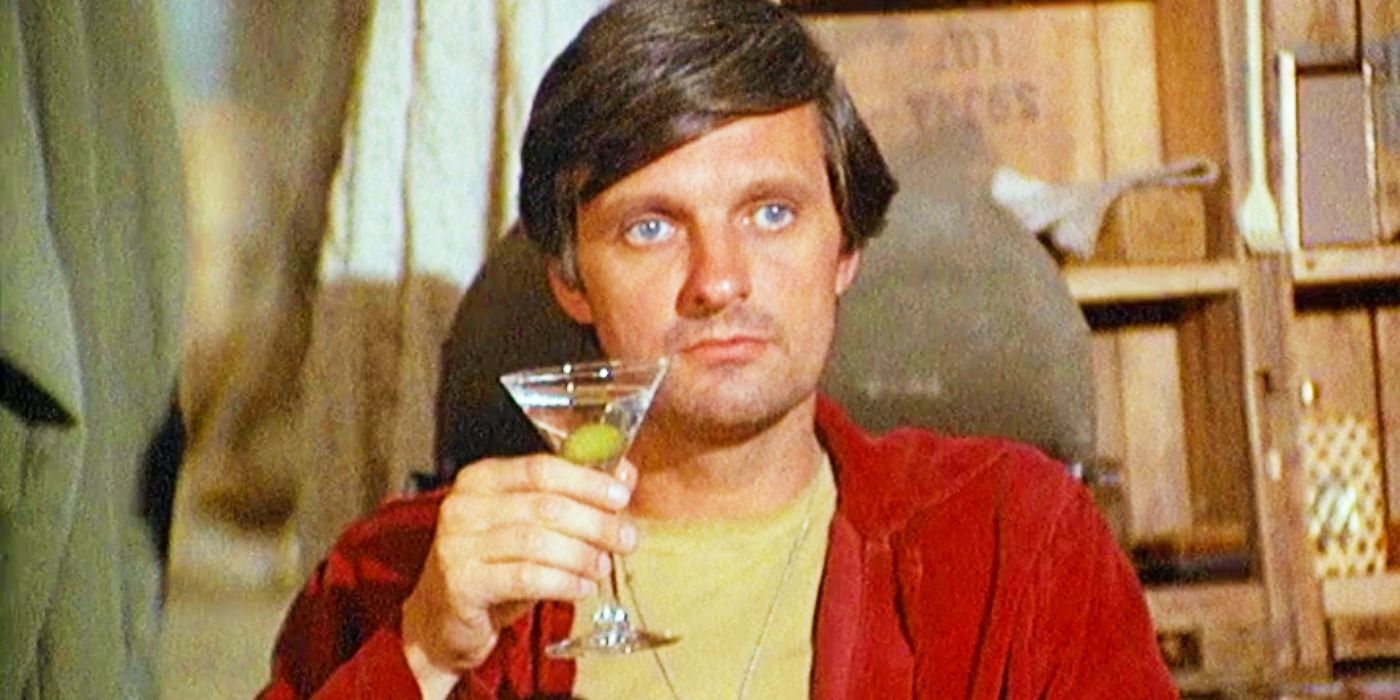
Technically, MASH was an ensemble show, however, it’s hard to argue that Hawkeye was its true lead. The majority of the series’ storytelling had him at the center, and even when he wasn’t the focal point, he was almost always a scene-stealer. Behind the scenes, Alda also worked as a director and writer. One issue that MASH had with Hawkeye’s character was his lineage. There was contradicting information about his family. Initially, he talked about his mother and sister, but subsequently, it was revealed that his mom had died a long time ago and that he was an only child.
Koreans Were Depicted Inaccurately
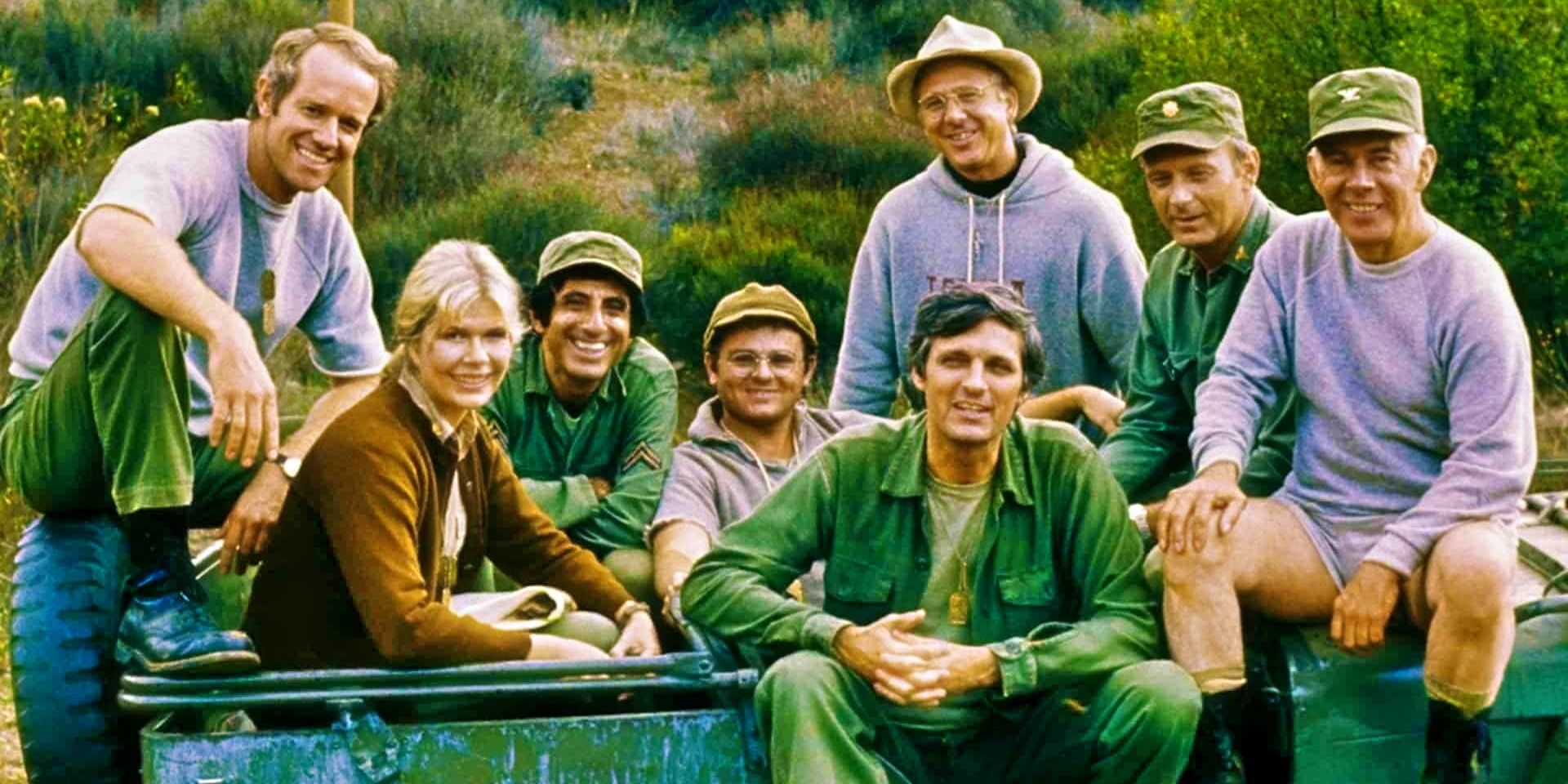
While MASH‘s focus was primarily on the members of the 4077, they also regularly interacted with the people of Korea from both sides of the war. Unfortunately, looking back at it now that there’s more readily available information about the country and the increased visibility of Koreans in media, it’s difficult to get through MASH‘s depiction of them. One of the most glaring issues came from the way the Korean language or Hangeul was spoken by the supposed locals as most of their accents were far from accurate.
Margaret And Frank Didn’t Really Make Sense
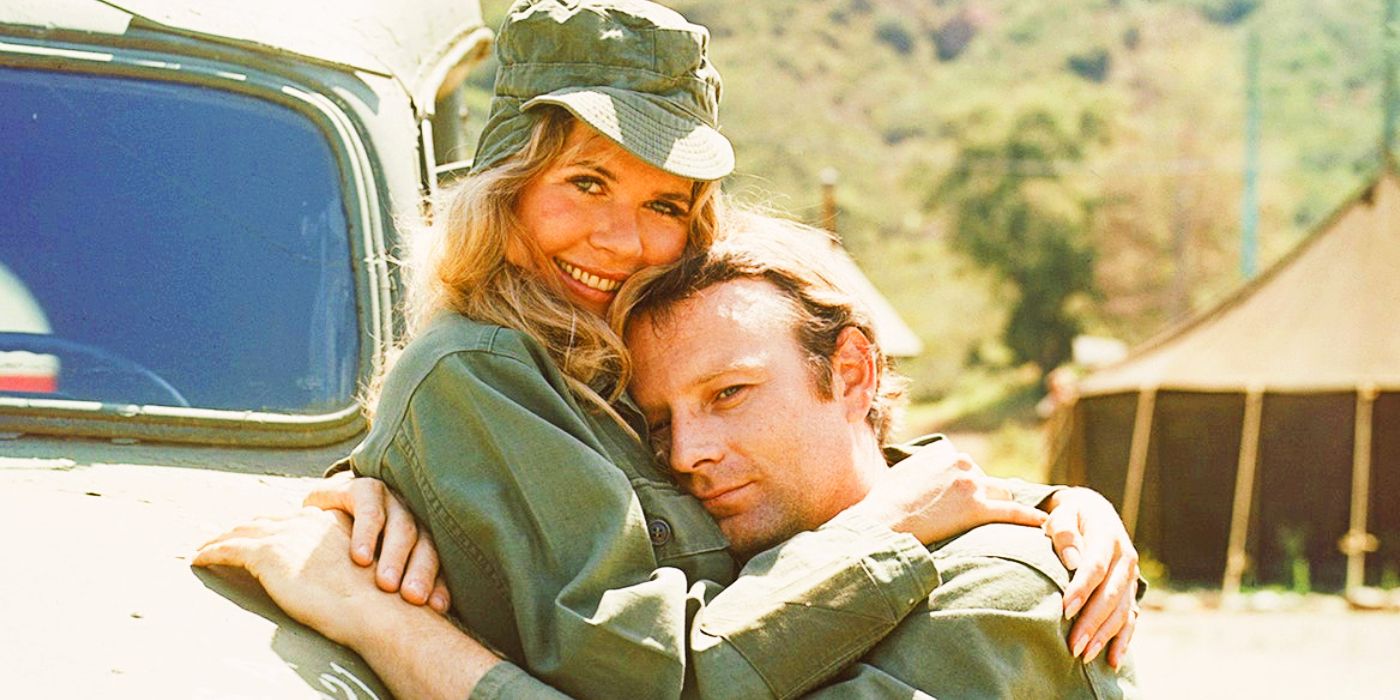
Aside from the infidelity aspect of Margaret and Frank’s relationship, another issue about it was how it didn’t really make sense. There was no doubt that Swit and Larry Linville had great chemistry, but considering their characters, the partnership was mind-boggling. It was clear that Margaret was too good for Frank; she was great at her job, smart, and beautiful. Frank, on the other hand, was cocky and bumbling for the most part of MASH. It was a wonder why she would ever go for him, let alone allow herself to be his mistress.
The Korean War Timeline Was All Over The Place
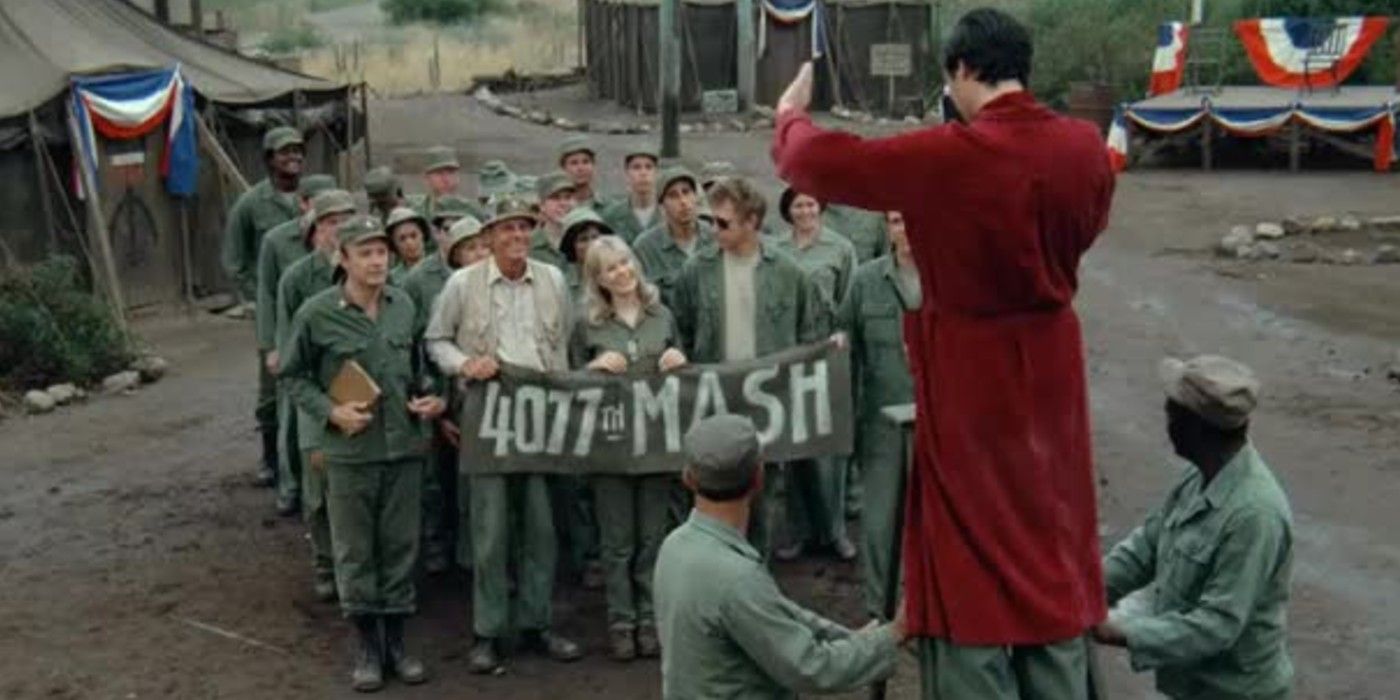
Overall, MASH ran for 11 seasons, capping off with a feature-length finale that broke viewing records. In reality, however, the Korean War only lasted for three years. The show did try to stick with the historically accurate timeline, with references to it. However, there are moments when it slips into its own storytelling and disregards this particular aspect of its narrative. At one point, it even covered a whole year in a single episode, as seen in MASH season 9, episode 6, “A War For All Seasons.”
MASH’s Best Episode Didn’t Include Margaret
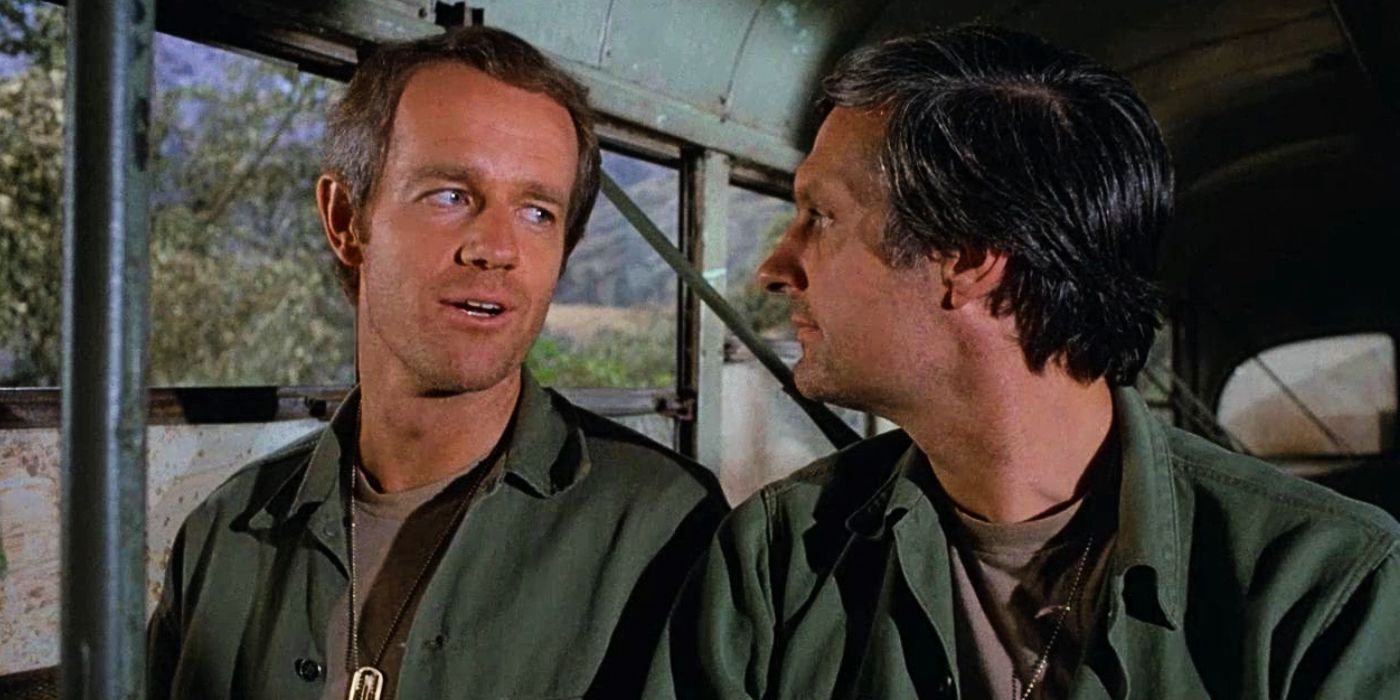
MASH season 4 was arguably its best year, despite being on the heels of Henry’s death and Trapper’s abrupt departure from the 4077. The writers did a great job moving on from them and ushering their respective replacements. Solidifying its quality was MASH season 4’s groundbreaking finales with “The Interview,” which was formatted like a documentary show that featured interviews from all members of the unit — except Margaret. As the only main female character on the show, her absence was glaring. As a devoted military nurse, her perspective could have offered added depth to the outing.
MASH Lacked Diversity
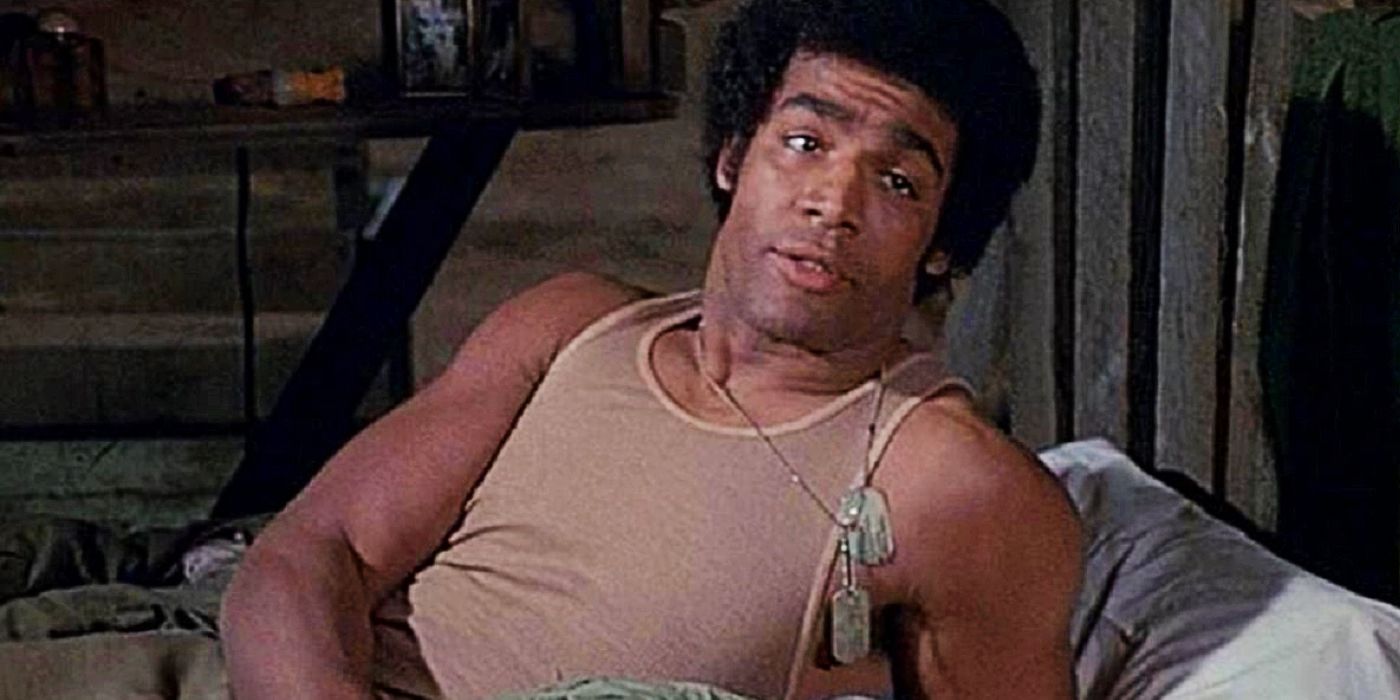
Jones’ involvement was great for the iconic war comedy/drama’s inclusivity. That being said, the creatives behind the series wanted to prioritize accuracy more than that, so they made the decision to write him out of the project. To make matters worse, it was eventually proven that there were African-American surgeons during the Korean War.
MASH’s Laugh Track Was Distracting
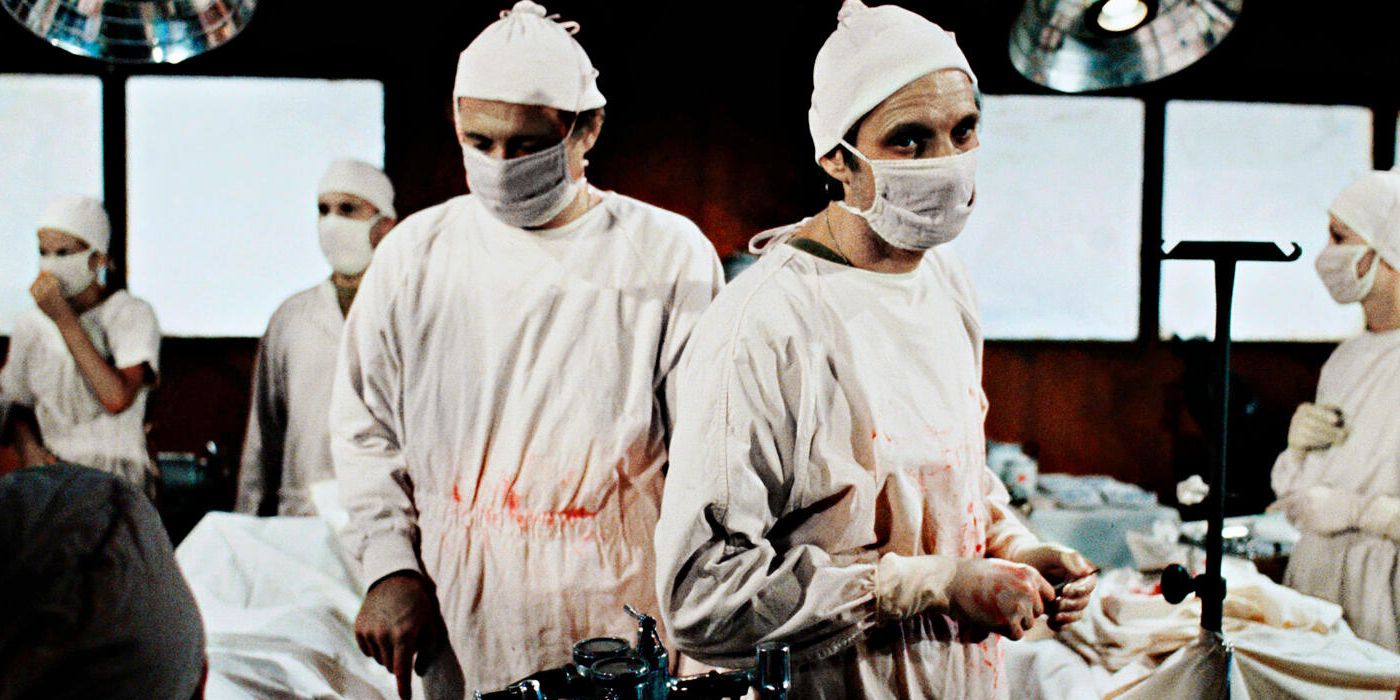
MASH co-creators Gelbart and Reynolds were always clear about being against using a laugh track in the show. The premise didn’t really fit with the canned laughter, not to mention the show’s format, which wasn’t filmed in front of a live audience. However, it was the norm for comedies at that time, so CBS pushed back and insisted that it was included in MASH. This was the reason why it was so prominent during the first few years of the show. MASH‘s storytelling attempted to cater to this, hence why it leaned towards comedy around that time.
Looking back at it now, however, it was still jarring to hear the laugh track after a particularly sad moment, which was something that MASH never really shied away from. Eventually, both the creatives behind the series and the network reached a compromise: MASH would keep the laugh track, but it would be omitted during the operating room scenes. Luckily, as the show progressed, the use of canned laughter also significantly diminished.
